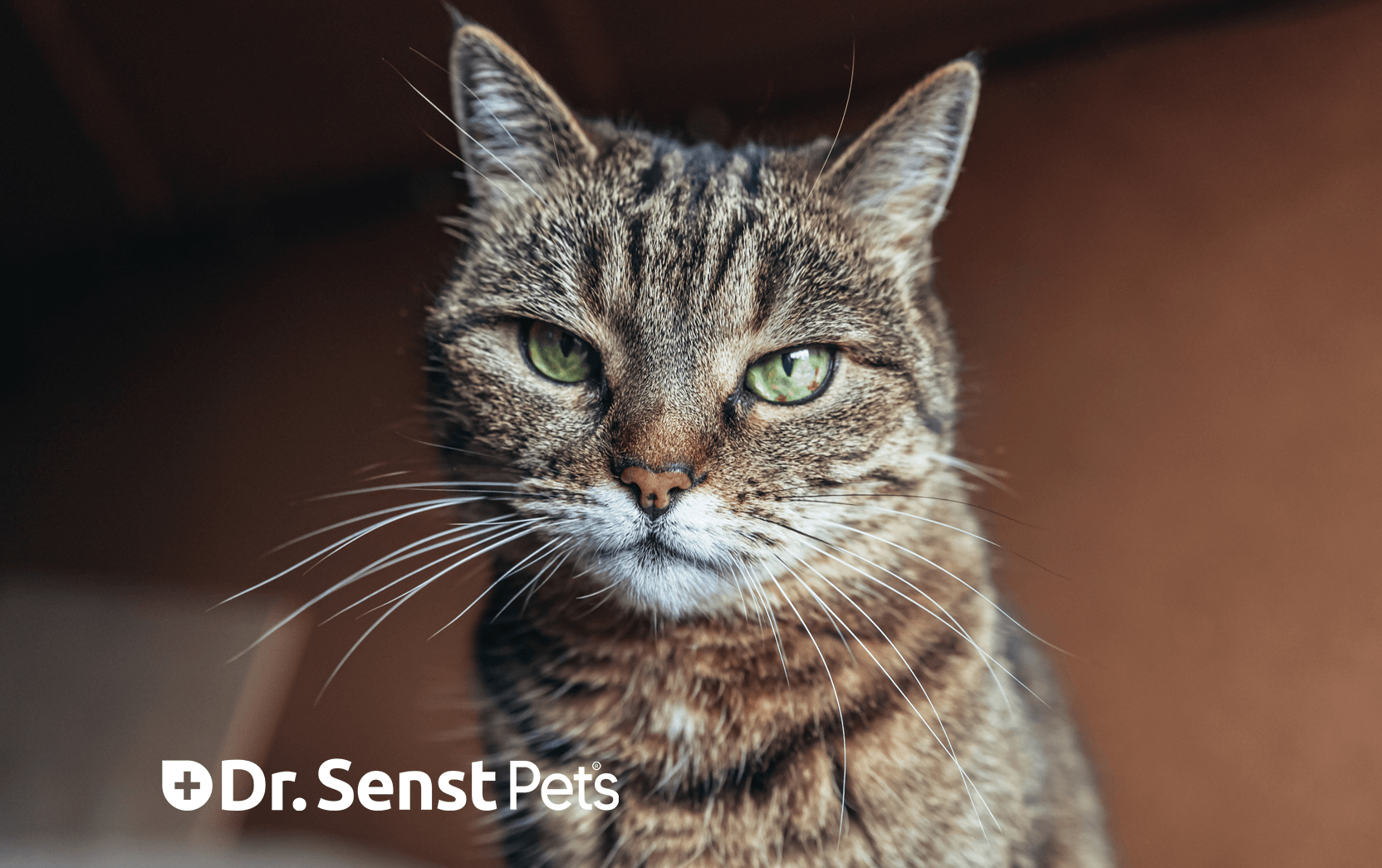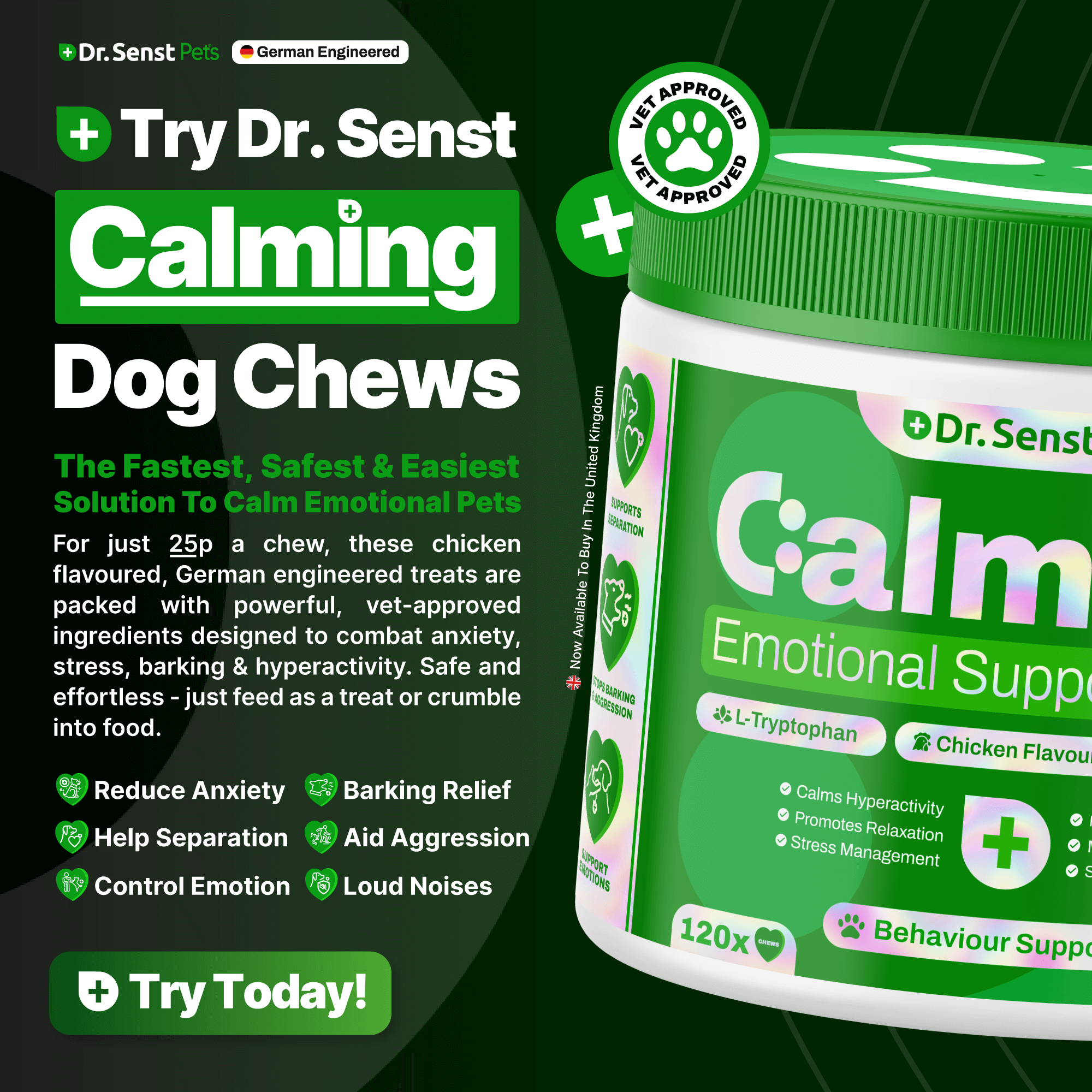
- by Dr.Thilo Senst
Best Cat Shampoos for Allergies and Itchy Skin: Relieving Discomfort
- by Dr.Thilo Senst
This site uses cookies for better user experience and analytics.

Cats, like humans, can suffer from allergies that lead to itchy skin, discomfort, and even hair loss. These reactions can be triggered by various allergens such as pollen, food, and even certain grooming products. If your feline friend is scratching excessively or showing signs of irritation, it's important to address the issue promptly. Cat allergies, particularly those affecting the skin, can be effectively managed with the right shampoo.
In this guide, we will explore the best cat shampoos designed to relieve allergies and itchy skin, what to look for in a quality product, and how to choose the right one for your cat. Additionally, we’ll discuss common causes of cat allergies and offer tips on improving their overall skin health.
Before choosing the best shampoo, it's important to understand what may be causing your cat's itchy skin. Here are some common causes of cat allergies:
Pollen, dust mites, and mould are among the most common allergens affecting cats. Just like people, cats can experience seasonal or environmental allergies that lead to skin irritation.
Certain proteins in food, such as chicken or fish, can trigger allergic reactions in cats. If your cat is constantly scratching, particularly around the face or neck, food allergies could be the culprit.
Flea bites are notorious for causing intense itching and skin reactions. Cats with flea allergies may continue to scratch long after the fleas are gone due to a reaction to flea saliva.
Some cats may develop contact allergies from substances like cleaning products, certain types of cat litter, or even grooming products that contain harsh chemicals.
This is a chronic skin condition that may result from environmental allergens or food. Cats with atopic dermatitis often experience itchy, red skin and may need special shampoos to manage the condition.
| Allergen | Symptoms | Suggested Treatment |
|---|---|---|
| Environmental (Pollen) | Itchy, red skin, scratching, hair loss | Hypoallergenic shampoo, antihistamines |
| Food (Chicken, Fish) | Itching, redness around face and neck | Elimination diet, allergy shampoo |
| Fleas | Intense itching, red bumps, hair loss | Flea control, soothing flea shampoo |
| Contact (Cleaning products, litter) | Irritated skin, redness, scratching | Change in product, hypoallergenic shampoo |
When choosing a shampoo for cat allergies, it's important to look for hypoallergenic formulas that are free from harsh chemicals, fragrances, and dyes. The goal is to find a shampoo that will soothe your cat’s skin and help manage their allergies without causing further irritation.
Hypoallergenic shampoos are designed to be gentle on sensitive skin, using natural ingredients that won’t aggravate your cat’s allergies. Look for shampoos that contain soothing agents like aloe vera, oatmeal, and chamomile.
Benefits:
Oatmeal has natural anti-inflammatory properties that help soothe irritated skin. An oatmeal-based shampoo is ideal for cats suffering from both allergies and dry skin. It’s gentle enough for regular use and can help keep your cat’s coat soft and shiny.
Benefits:
For cats with more severe allergies or skin infections, a medicated shampoo may be necessary. These shampoos often contain active ingredients like chlorhexidine or miconazole to treat bacterial and fungal infections, which can result from excessive scratching.
Benefits:
If your cat’s allergies are triggered by fleas or ticks, a flea and tick shampoo can provide relief by killing these pests and soothing the resulting skin irritation. Be sure to choose a product specifically formulated for cats, as dog flea treatments can be toxic to felines.
Benefits:
Choosing the right shampoo for your cat can make all the difference in their skin health and comfort. Here are some factors to consider:
Look for shampoos that are free from artificial fragrances, parabens, and sulphates, as these ingredients can irritate sensitive skin. Opt for natural ingredients like aloe vera, oatmeal, and chamomile, which soothe inflammation and hydrate the skin.
If your cat has flea allergies, a flea and tick shampoo is the best option. For environmental or food allergies, a hypoallergenic shampoo may be more suitable.
If your cat’s itching persists despite using specialised shampoos, consult your vet. They may recommend a medicated shampoo or prescribe additional treatments to address the root cause of the allergy.
Caring for a cat with allergies is similar to tending to a delicate garden. Just as you would avoid harsh chemicals and provide nourishing soil for your plants, you need to be mindful of the products you use on your cat’s sensitive skin. By using the right shampoo, you can nurture your cat’s skin and coat, helping them bloom into their healthiest, happiest selves.
Using the right shampoo can have a significant impact on your cat’s overall health and comfort. Here are some key benefits:
Specialised shampoos are formulated to soothe irritated skin, providing immediate relief from itching and scratching.
A good allergy shampoo will not only treat the underlying skin issue but also improve the quality of your cat’s coat, making it softer and shinier.
Excessive scratching can lead to open wounds and secondary infections. Medicated shampoos help treat these infections and prevent them from spreading.
Bathing a cat can be a daunting task, especially if your feline is particularly sensitive to water. Here are some tips to make the process easier:
Q: How often should I bathe my cat with allergies?
A: The frequency of baths depends on the severity of your cat’s condition. For most cats with mild allergies, a bath every 4-6 weeks is sufficient. Always consult your vet for advice.
Q: Can I use human shampoo on my cat?
A: No, human shampoos can be too harsh for a cat’s sensitive skin. Always use a shampoo specifically formulated for cats.
Q: What should I do if my cat’s itching doesn’t improve with shampoo?
A: If your cat’s symptoms persist or worsen, consult your vet. They may need additional treatments, such as antihistamines or medicated shampoos.
Managing cat allergies can be a challenge, but with the right shampoo, you can significantly improve your cat’s comfort and skin health. Whether you opt for a hypoallergenic, medicated, or oatmeal-based shampoo, always choose a product that is gentle and designed for sensitive skin. Regular bathing, along with other allergy treatments, will help your cat feel more comfortable and reduce the risk of further irritation.
For additional support, consider these products from the Dr. Senst range:
Using these products alongside a high-quality shampoo can help improve your cat’s overall skin health and comfort.
![]()
Enter your details & download our comprehensive 50+ page printable Dr. Senst Pet Care Planner completley FREE! - keep track of all your pet’s needs, from medical history and training to vet visits, grooming, diet, and more!

🇬🇧 NOW AVAILABLE IN THE UK 🇬🇧
Our products start from as little as 2p per dose, making it easy to support your pets health without overspending. From general wellness to specific health needs, we have the perfect solution for every pet.
































Share:
How to Apply Cat Eye Drops: Easy Step-by-Step Instructions
Autumn Dog Health: Seasonal Produce for Your Pet’s Well-Being